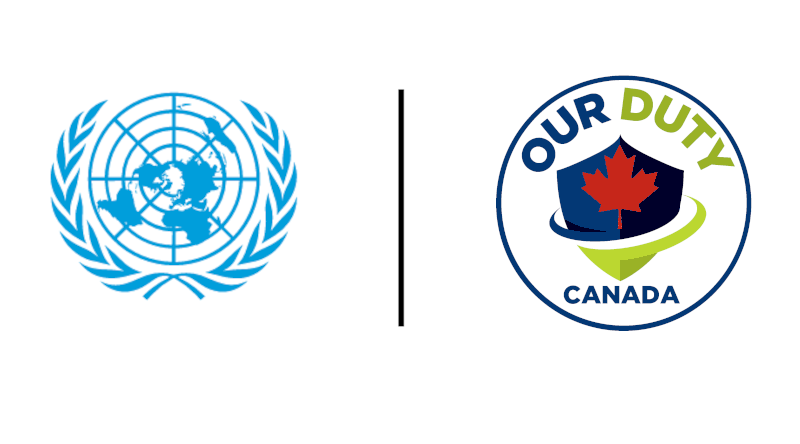Our Duty Canada’s Submission to the UPR 2023
Our Duty Canada (ODC) recently submitted a Stakeholders report to the 2023 United Nations’ Universal Periodic Review (UPR). The UPR occurs every 4.5 years and provides a check-in to see how Canada is measuring up to its commitments pursuant to the United Nations Convention on the Rights of the Child. ODC feels strongly that immediate and lasting change is needed here in Canada in regard to “gender affirming care”.
The focus of the report is the UN rights of the child that we know are being violated through the physically and psychologically damaging practice of gender affirming care on Canadian children (age 18 and under as per the UNCRC). We submit that elective, hastily prescribed hormone drugs and amputating surgeries violate children’s right to protection “from all forms of physical or mental violence, injury or abuse, neglect or negligent treatment, maltreatment or exploitation, including sexual abuse” and “the right of the child to the enjoyment of the highest attainable standard of health.”
In our thorough report, we take an evidence-based approach in explaining how known and unknown long-term effects of Puberty Blockers, synthetic sex hormones and invasive surgeries in children outweigh their socially and politically endorsed, but largely unsubstantiated, benefits.
Key to the report is the lack of evidence for the safety and efficacy of the medicalization of Canadian children who experience gender ideation or incongruence with their sex. We dive into the risks from off-label drugs and invasive surgeries; comorbidities and suicide risk; lack of evidence for informed consent and exclusion of parents from decision-making. We support our deep concerns with several peer reviewed studies and preeminent academic articles.
Our report, which you can read here, will be included in the UPR’s Session 44 in Geneva in November 2023. We will be watching and we hope that other States in the UN recognize the rogue approach Canada is taking to “treat” children who adopt trending “gender identities”, hear our recommendations for much needed repair to the current protocol, and respond accordingly.

